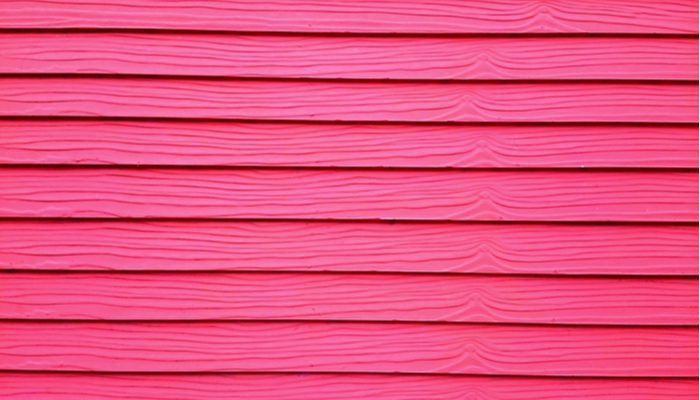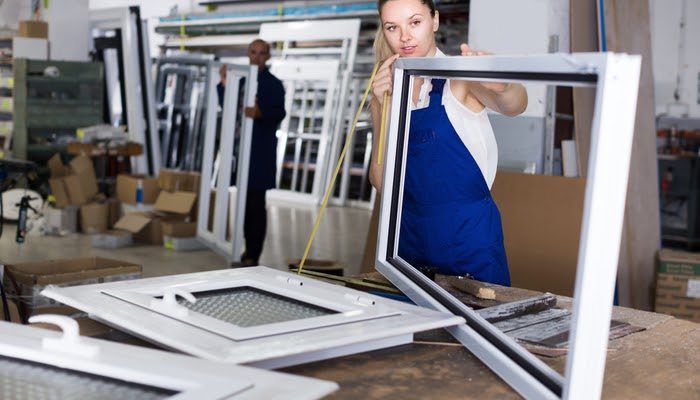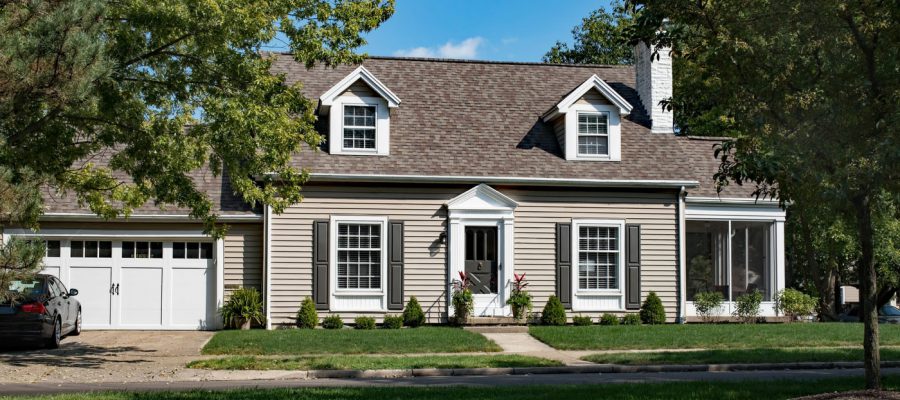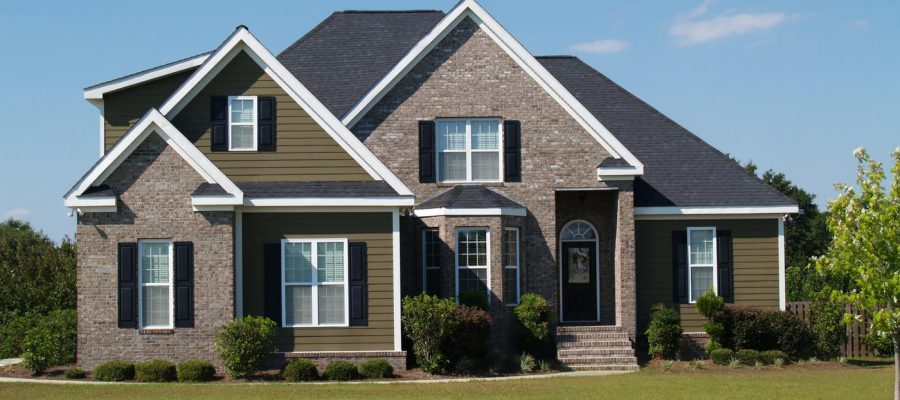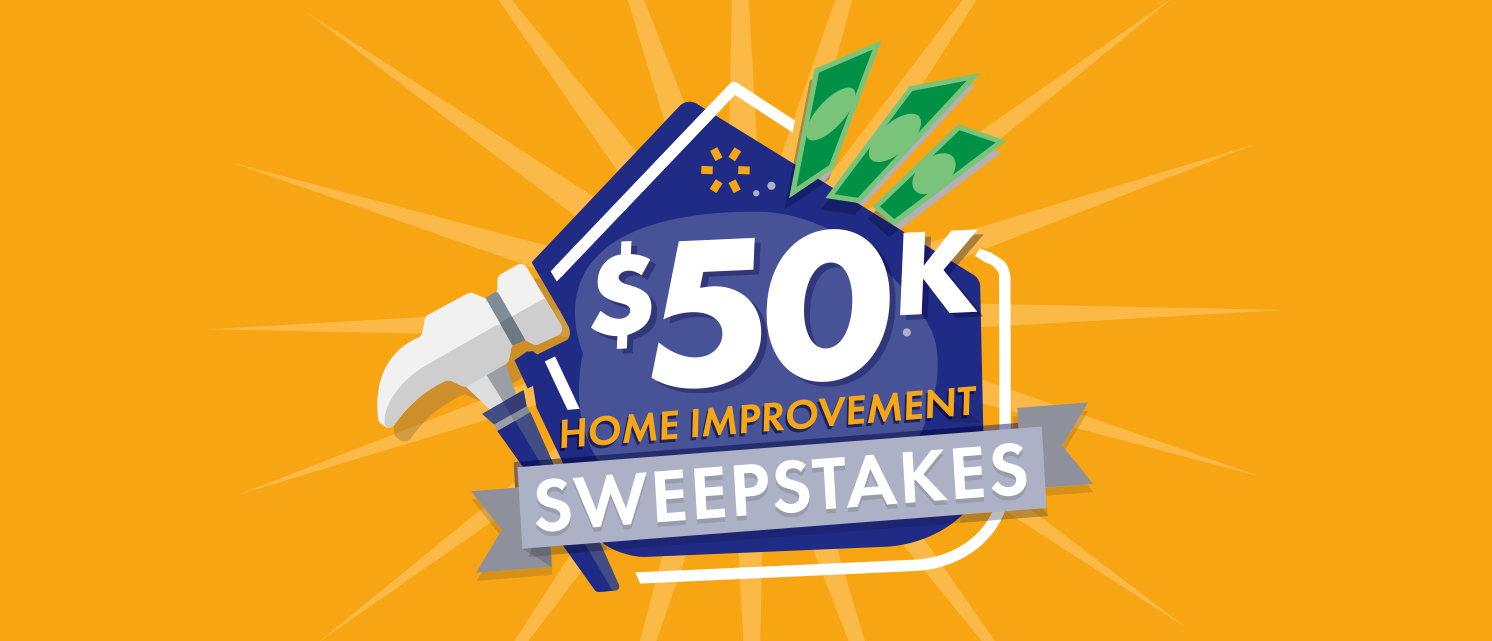The Latest Trends in Siding

The increasing prevalence of natural disasters in the U.S. has prompted more and more homeowners to build or remodel houses based on the concept of functionality. To meet the needs of the consumers, house-building industries are driven to manufacture innovative residential ensembles that not only protect the home but also boost its curb appeal.
Siding or wall cladding, for instance, fit the bill for their ability to make functionality and aesthetics go hand-in-hand. This 2-for-1 deal is sought-after by many Americans that almost every suburban house has siding as its staple, making North America the powerhouse of the siding industry. And it doesn’t stop there. Studies show that this billion-dollar industry is expected to grow at an exponential rate of greater than 5% over the next five years. This insight can largely be attributed to the advancements in the siding industry.
To keep you in the loop, here are the latest trends in siding that will take residential homes by storm:
Here to Stay – Vinyl Siding
Vinyl Siding is making a statement as being the nation’s number one choice of siding for the past 20 years. 30% of American homeowners prefer vinyl siding over any other siding material. In a practical sense, vinyl is the material of choice well-known for its:
- Durability. Long-lasting color performance, and it has an average lifespan of over 50 years.
- Versatility. Vinyl siding come in many colors, styles, and textures. The latest products offer the look of a wood grain finish, such as cedar-inspired vinyl siding. Also, shake-style installation is seen as a growing trend among residential homes. If you wish to accentuate the home’s height, certain vinyl siding panels can be hung vertically to give that “elongating-façade” effect.
- Low maintenance. Annual cleaning or washing is sufficient to maintain vinyl siding.
- Low cost. The material itself, together with the cost of installation, is reasonably affordable. Another alternative to significantly cut back on expenses is via DIY installation. Homeowners favor vinyl siding for their ease of installation. Anyone who’s equipped with the right tools, knowledge, and determination can work with vinyl siding.
Notably, choosing vinyl as a siding material also comes with negative aspects. It is of utmost importance for homes situated in areas prone to extreme weather conditions to take caution when choosing and installing this siding material.
Long-term exposure to intense wind pressure, high temp, and low temp render it susceptible to damage such as warping, buckling, cracking, and rotting. In addition, vinyl is sourced from a non-renewable resource, deeming it potentially harmful to the environment.
Get a Free Estimate Today
50% off installation. Special financing available. See details.
Rise to Fame – Fiber Cement
The following material gives vinyl siding a run for its money and catapulting its way into becoming the number one wood alternative in North America. If there’s one thing fiber cement is known for, it’s remarkably replicating the appearance of authentic wood, brick, or stone.
Commonly referred to as “Hardiplank,” this unique composite material made of sand, cement, and wood fibers is a great siding choice for homeowners that want a delicate balance between a rustic finish and a clean contemporary style.
Unlike vinyl siding, particularly in regions exposed to extreme weather conditions, the fiber component of Hardiplank provides added strength, resulting in better performance and durability that can withstand damage.
Other benefits that fiber cement:
- Customizability. You can create your unique look by choosing the hue in which the material will be stained or colored. Alternatively, pre-painted fiber cement is now available on the market to skip the painting or staining process.
- Non-flammable & Waterproof. With a Class 1A fire rating, meaning it is exceptionally non-combustible
- Environmentally neutral. In its final days, fiber cement, when broken down, does not release harmful by-products. However, the material itself is non-recyclable.
On the other side of the coin, to keep fiber cement siding in tip-top shape, periodical maintenance of washing every two years and a fresh coat of paint every 10-15 years is required. On top of that, considering its weight and composition, fiber cement is comparatively more expensive due to installation and maintenance costs.

Self-sustainable Siding
A global survey revealed that a significant majority of Americans want to learn how to live more sustainably – roughly 77%. And if you’re one of them, here’s one way you can help– insulated siding. Vinyl and fiber cement are relatively thin products that, on their own, aren’t going to offer much insulation to your home. Backing your conventional siding – in this case, vinyl siding, with solid, rigid-foam insulation makes the overall material more durable and more resistant to warping and movement.
Also, insulation increases the material’s R-value, a measurement of a material’s resistance to heat flow, thereby improving the thermal performance of your home. This addition in R-value can make a fraction of your house energy-efficient, rewarding homeowners with low-cost utility bills.
However, given this advantage, choosing to add insulation to your siding comes with a price to compensate for labor costs. It’s practically recommended that you get professionals or experts in this field to finish the job. Doing so ensures to prevent setbacks that may lead to severe problems in the long run, such as poor insulation or leakage, which can diminish your home’s value.
Attention to Detail – Siding Accessories
As the saying goes, “It’s the attention to detail that makes the difference between average and stunning”. House details are what ultimately bring your home to life. The only limit is your imagination. Ranging from different wood grains to a limitless palette of colors, homeowners are resorting to using different styles of trim. Accent pieces serve you that avant-garde feel.
One of the hottest trends in siding detail today is dark-colored walls and grey shades. Darker hues and vivid grey tones are the snazziest colors when it comes to exterior spaces. Both colors give your home a chic and sophisticated look. They’re often paired with light-colored tones to create some contrast.
If you’re thinking about upgrading your home’s curb appeal as well as its functionality, give 1-800 HANSONS a call and we’ll give you a free estimate. See the difference new siding can have on your home.






